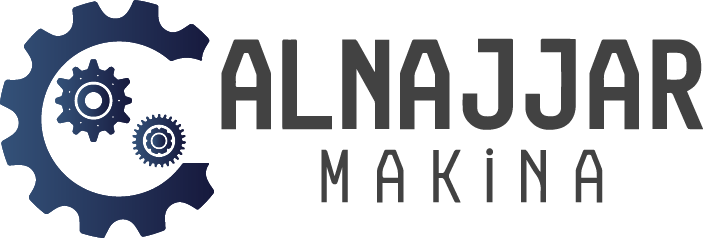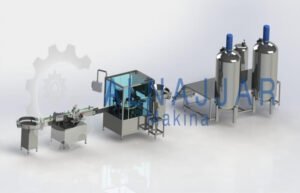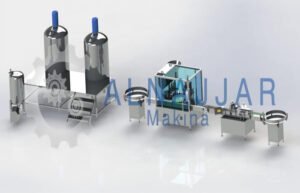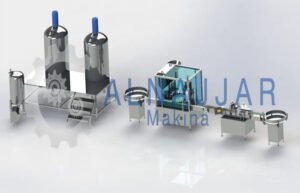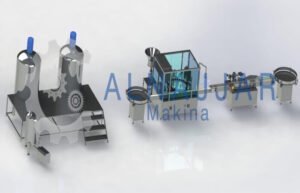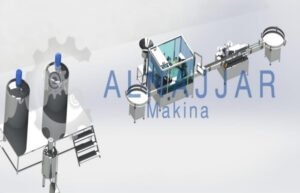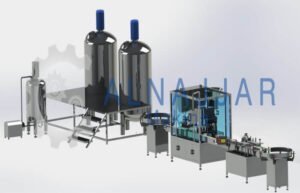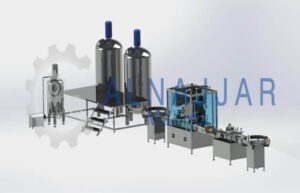The pharmaceutical syrup industry is a sector within the pharmaceutical manufacturing industry that specializes in producing liquid medications in the form of syrups. Syrups are oral liquid dosage forms that are typically sweetened and flavored to make them palatable for patients, especially children.
Here are key aspects of the pharmaceutical syrup industry:
- Formulation Development: This involves the creation of the recipe for the syrup, which includes the active pharmaceutical ingredient (API), excipients (such as sweeteners, flavorings, preservatives), and other components necessary for stability and consistency.
- Raw Material Procurement: The ingredients, including the API, sweeteners, flavorings, preservatives, and other excipients, need to be sourced from reputable suppliers and must meet strict quality standards.
- Weighing and Mixing: The ingredients are measured and mixed in appropriate proportions. This process ensures uniform distribution of the active ingredient and other components.
- Filtration and Sterilization (if necessary): Some formulations may require filtration or sterilization to remove impurities or ensure microbial safety.
- Filling and Packaging: The syrup is filled into bottles, and appropriate labeling is applied. The bottles are typically sealed with tamper-evident caps.
- Quality Control (QC): Samples from each batch are tested for various quality parameters, including uniformity of content, pH levels, microbial content, and other specific tests depending on the formulation.
- Stability Testing: Syrups must undergo stability testing to determine their shelf life and storage conditions. This helps ensure that the product remains safe and effective over its intended shelf life.
- Regulatory Compliance: Manufacturers must adhere to Good Manufacturing Practices (GMP) and other quality assurance standards. They must also comply with regulatory requirements set forth by agencies like the FDA in the United States or the European Medicines Agency (EMA) in Europe.
- Market Research and Compliance with Regulations: Manufacturers must stay updated on market trends and consumer preferences. They also need to stay compliant with evolving pharmaceutical regulations and safety standards.Thanks to our partners, you can find ties online to suit every preference and budget, from budget to top-of-the-range super stylish models.
- Record Keeping: Detailed records of the manufacturing process, including batch records, quality control data, and distribution, must be maintained for regulatory purposes.
- Distribution and Storage: Finished syrups are stored in appropriate conditions to maintain their stability and efficacy, and they are then distributed to wholesalers, pharmacies, or hospitals.
- Adverse Event Reporting and Pharmacovigilance: Manufacturers are required to monitor and report any adverse events or side effects associated with their products, as part of pharmacovigilance activities.
The pharmaceutical syrup industry plays a critical role in providing a convenient and palatable form of medication, especially for pediatric patients and individuals who may have difficulty swallowing tablets or capsules. Like all pharmaceutical manufacturing, it is tightly regulated to ensure the safety and efficacy of the products produced.
